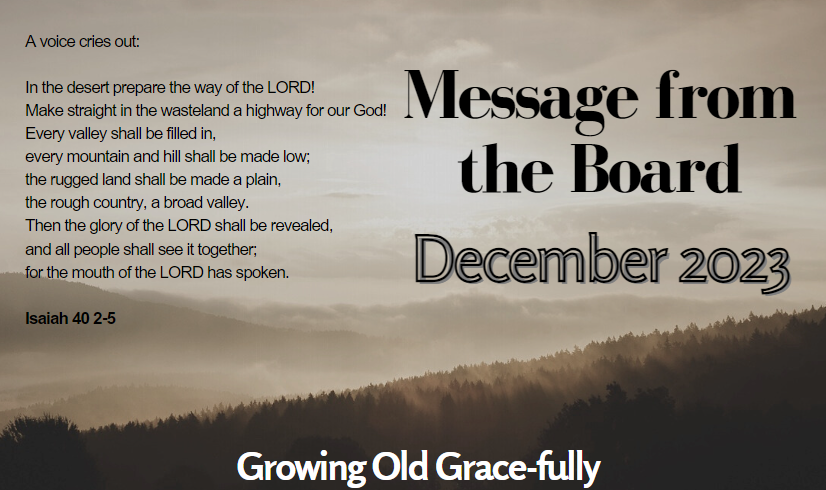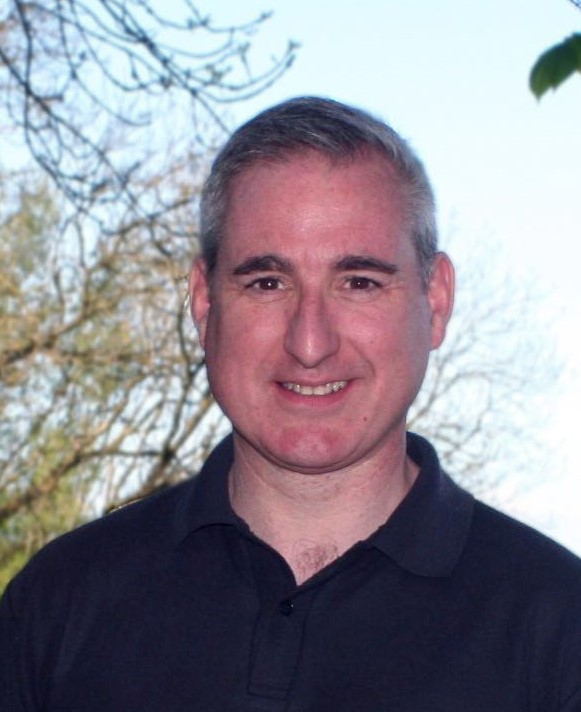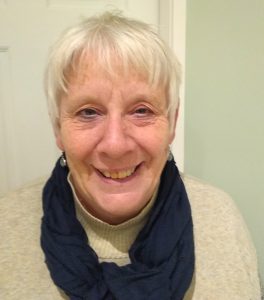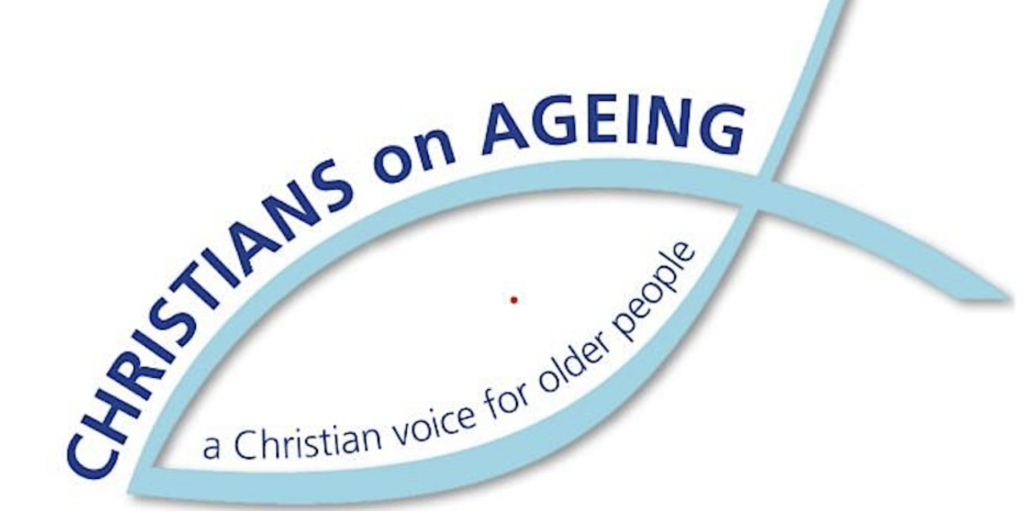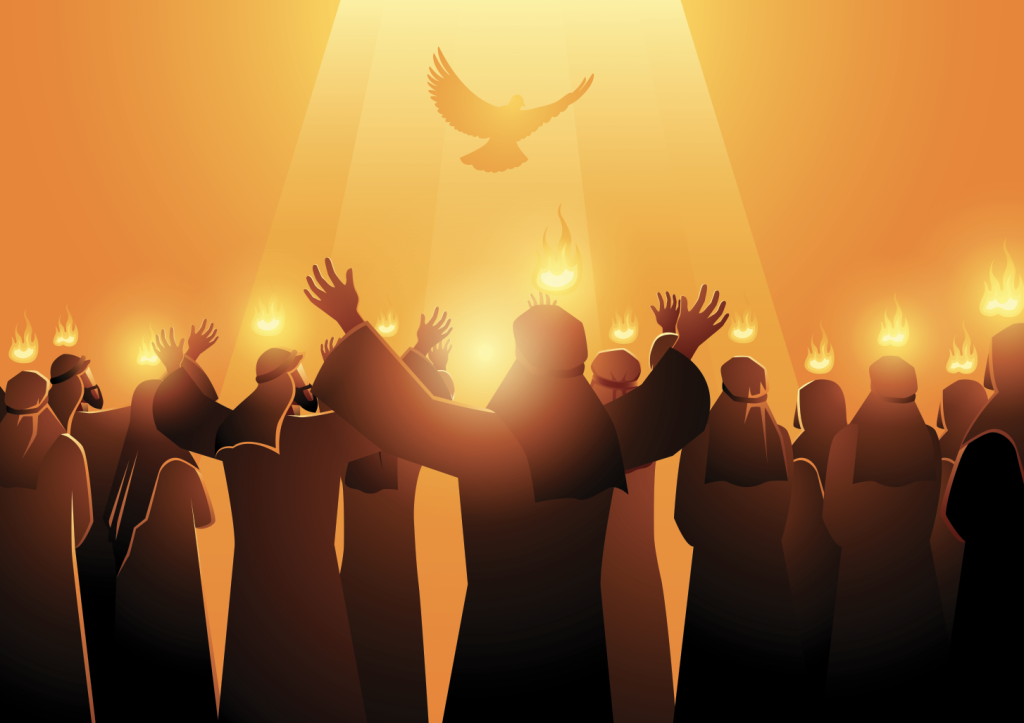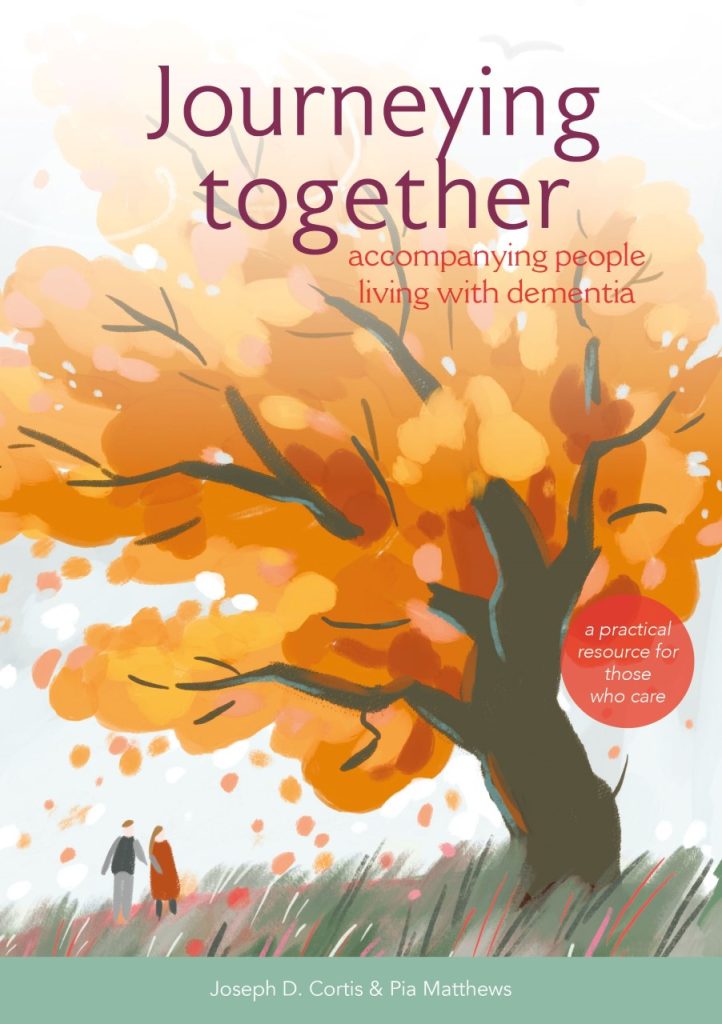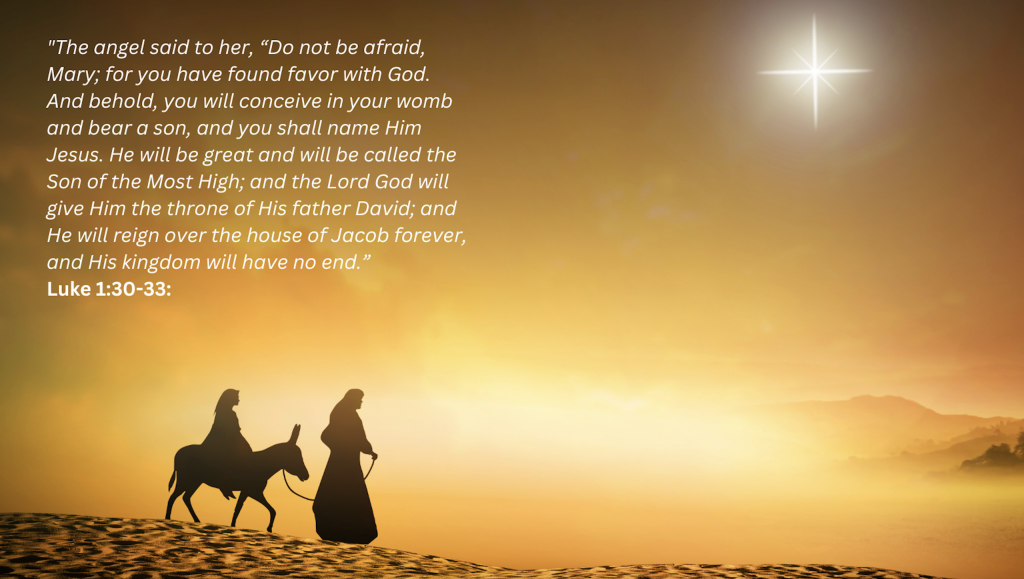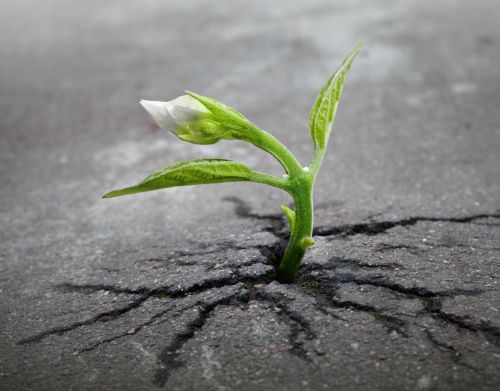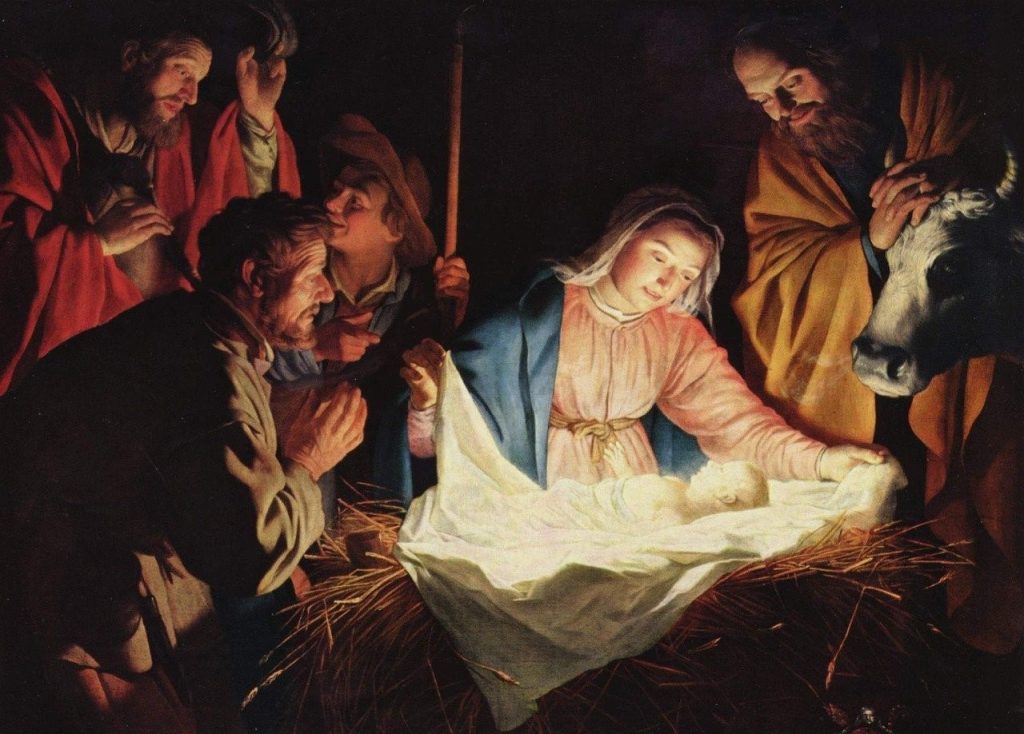
Our advent journey’s end – and a new beginning
As we reach the end of Advent, we celebrate the joyous feast of Christmas.
It is a moment when we contemplate the mystery of the Incarnation, the divine becoming human, and the immense love of God manifest in the humblest of forms. In the midst of the festive decorations and the warmth of our gatherings, let us take a moment to turn our hearts toward prayer, seeking to deepen our understanding of the profound significance of this holy season.
As we pray during this Christmas season, let us ponder the miracle of the Nativity, where heaven touched earth in the form of a tiny child born in a humble manger. Christmas is a celebration of hope, peace, and love, encapsulated in the gift of God’s Son to humanity.
At this challenging time in human history and facing the challenges of our own lives, we celebrate that the darkness is pierced with the greatest light to shine for all humanity. The words of the angel to the shepherds echo through time, “Do not be afraid; for behold, I proclaim to you good news of great joy that will be for all the people” (Luke 2:10).
In our prayers, let us express gratitude for the light that Jesus brought into the world—a light that dispels darkness and offers us the path to eternal life. May we find inspiration in the Holy Family, reflecting on the obedience of Mary, the courage of Joseph, and the vulnerability of the newborn King. As we exchange Christmas greetings, perhaps give and receive gifts and share meals with loved ones, let our prayers extend to those who are lonely, marginalised, or suffering, echoing the compassionate spirit of Christ.
This Christmas, may our hearts be filled with the true meaning of the season, and may our prayers unite us in a sense of shared joy and purpose. Let us open our hearts to receive the abundant blessings that flow from the manger in Bethlehem, embracing the transformative power of God’s love and mercy. In the name of the Father, the Son, and the Holy Spirit, we offer these prayers, entrusting ourselves to the grace of the Christ Child born on this holy night.
Growing Old Grace-fully, Christmas 2023
Here are three Christmas prayers:
God of Joy
Remind me to rejoice
Wrapped up in my Christmas gifts
Tied down in my debts
I have forgotten
God of peace,
Remind me of your calm
In my anxiety
And in my haste
I have forgotten
God of all
Remind me
Of the true light of Christmas
Of your gift shared
In my own wants
And in my own needs
I have forgotten
Wrapped up in my little world
Remind me of your world
God of joy, remind me
To rejoice
Amen.
Linda Jones/CAFOD
Unadorned King
In the star we see the cross;
Its points, the thorns,
The azure ring, his robe.
The light which shines on all
The arms which embrace all.
And this despite their mockery,
Mock majesty, pageant pantomime and pomp.
All human conceptions of kingship
Border on the Vaudeville
Verge on the burlesque.
Kings in a stable out of proportion
Distorted, like the body on the cross.
Our attempt to nail down
Divinity Racked and disjointed,
Still suffering our mock homage.
Cast crowns, cast lots, cast off your
Tawdry kind of kingship –
So much dressing up –
Christ rides triumphant over cast-down cloaks
Every inch a king with none of the apparel.
His crown, the star
The cross, his throne where he
Invests the cosmos with his gift of Love, unadorned.
Amen.
Sr Laurentia Johns OSB, Stanbrook Abbey
The Hope of Christmas
The hope of Christmas
God, our dayspring and our dawn,
We turn to you when we fear the dark
And all around us weep.
We pray you greet us with your shining light
That we may spread your warm embrace
And kindle the hope of Christmas
In all whose lives remain in shadow.
Come and be our strength
O Lord, our hope and our salvation.
Amen.
Annabel Shilson-Thomas/CAFOD

